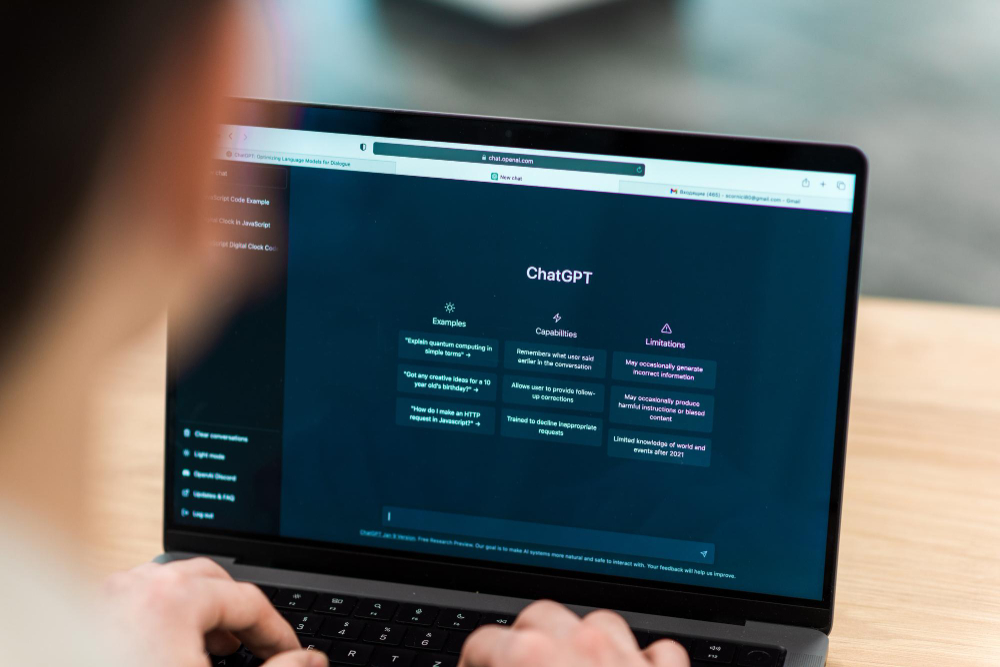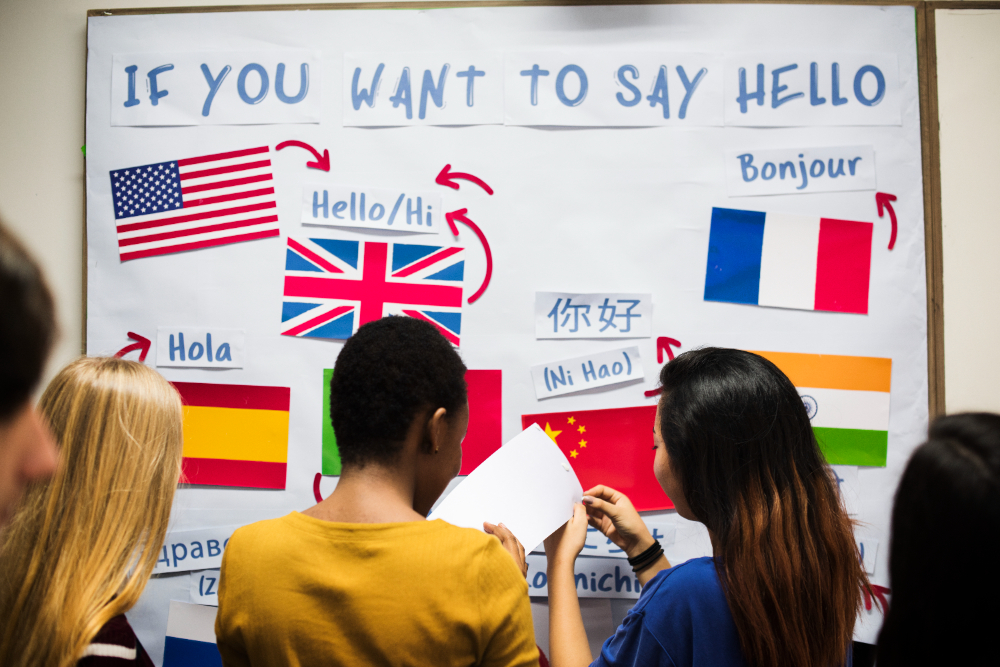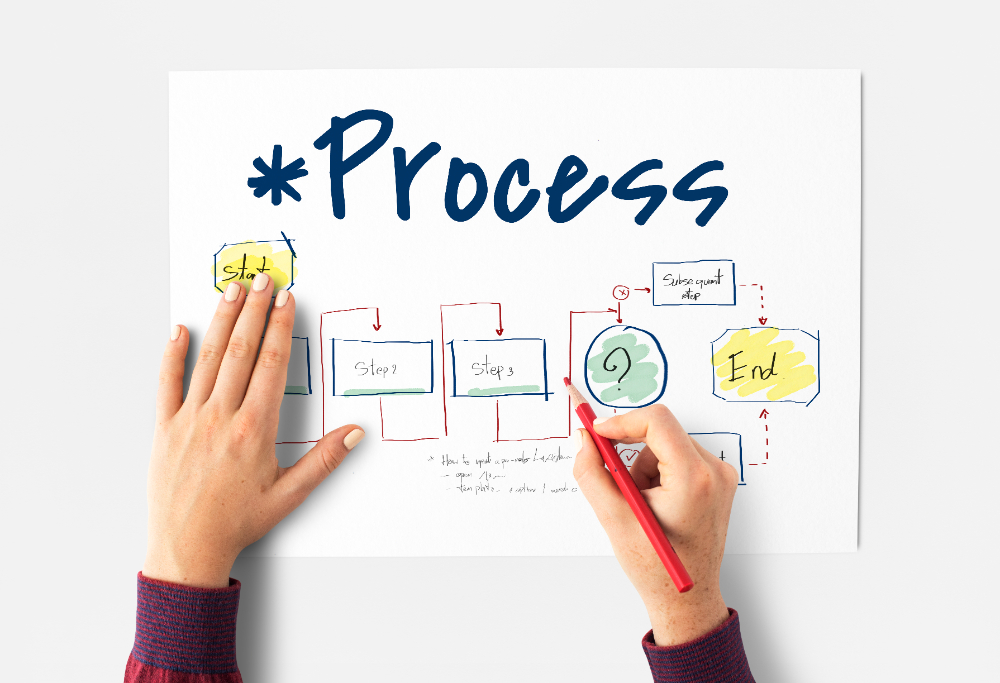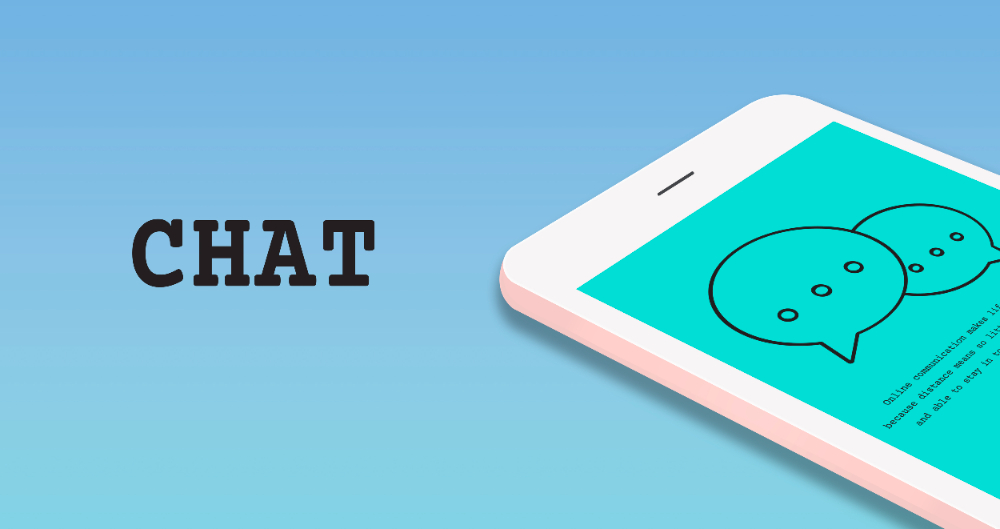Table of Contents
- The Importance of Self-Discipline in Education
- Benefits for Students
- Benefits for Teachers
- Benefits for Parents and Tutors
- Self-Discipline in Digital Education
- Challenges in Digital Learning
- Strategies for Enhancing Self-Discipline
- Practical Techniques for Developing Self-Discipline
- Goal Setting and Planning
- Time Management Techniques
- Mindfulness and Focus
- Role of Educational Stakeholders in Promoting Self-Discipline
- Teachers and School Administrators
- Parents and Tutors
- Educational Software Developers and Entrepreneurs
- Libraries and NGOs
- Case Studies and Success Stories
- Conclusion
“If we don't discipline ourselves, the world will do it for us.”- William Feather
If you will see the lives of successful entrepreneurs, writers, athletes and artists; you will find discipline in their lives. Michelle Obama, Jack Dorsey, Tim Cook and Richard Branson are some examples of people who changed their lives through self-discipline.
A lot of these successful people, such as Tomas Laurinavicius, practiced self-discipline in his school life to become successful in their careers. So, daily discipline in students and teachers can transform their lives. Let's discuss the importance of it and how it could be implemented in the academic world.
The Importance of Self-Discipline in Education
Michael Kropp and J.D. Meier, co-authors of Getting Results the Agile Way, defines self-discipline as the ability to correct your behavior. He said: “Self-discipline is simply correcting or regulating your behavior for the sake of improvement.”
In students, self-discipline means focusing on a work routine. It is to remain on track by completing assignments and courses on time. It is to avoid any kind of distractions in the home and classroom that can interrupt their workflow.
Benefits for Students
Self-discipline can lead to better academic performance. In it, students feel accountable for their actions in and out of the classroom so they will focus on making their progress better. It also enables students to concentrate on their goals.
Undisciplined kids face procrastination and anxiety issues often. On the other hand, disciplined kids learn how to do better time management so that they can do all the tasks on time and have some free time for other productive activities. This enables them to fulfill all their duties related to the classroom with discipline and time.
Benefits for Teachers
Implementing discipline in the classroom enables less distraction, more productivity from students and greater energy and motivation in both students and teachers toward completing their goals. When there are no distractions, students and teachers can complete their goals on time too.
Moreover, it can improve lesson planning and delivery of lectures too. Discipline enables them to manage time effectively so that they can cover all the lessons and topics.
Discipline gives a teacher an aura of authority and calmness that enables them to lead the class from the front and grow professionally. A disciplined teacher can become a role model for students so that they can become disciplined and succeed in their lives.
Benefits for Parents and Tutors
Parents and tutors can give a dedicated study corner to their kids so that they can practice self-discipline. It enables kids to have a structured routine where they allocate certain time slots to assignments, homework, taking online classes and doing co-curricular activities. This structured routine enables kids to know when to socialize and when not to.
Moreover, tutors and parents should be role models for their kids so they can know how to add discipline to their lives. For example, if a kid is struggling to make a structured routine for study sessions, a parent can become a study buddy of the kid. They could make a schedule together in which the kid will do their assignments and the parent will sit with them to do their projects or office work.
By giving structure and discipline to the kids, tutors can make sure that kids remain consistent in their studies. They should feel responsible for their assignments and projects. So, they will do it consistently without procrastinating.
Self-Discipline in Digital Education
Online courses and education are also an integral part of education. Students and teachers should know how to practice self-discipline in this field too.
Challenges in Digital Learning
In digital learning, there is no direct supervision and class time is flexible. This can lead students to procrastinate and have poor time management. They can lack motivation and inspiration too which can impact their academic reports.
Moreover, there are so many distractions in this digital age that students can easily get distracted from their goals.
Strategies for Enhancing Self-Discipline
The best strategy in this situation is to use different online tools. Different AI planners enable students to manage their time and tasks. Teachers can use different live video streaming tools that can enable them to have live video sessions with students to motivate them to study. With it, you can manage your time with the help of different tools such as Trello, Google Calendar and Notion.
Practical Techniques for Developing Self-Discipline
These are some practical techniques that students and teachers can use to implement self-discipline.
Goal Setting and Planning
They should practice the SMART goals strategy. It is to make their goals specific, measurable, achievable, realistic and should be completed in a specific timeframe. They should divide the goals into small and reliable chunks.
Planning the day the night before could be really helpful in achieving the goals. Moreover, weekly and monthly planning can also do wonders.
Time Management Techniques
Managing the time can be hard because you can easily get distracted. So for this, you can use different strategies. For example, the Eisenhower Matrix strategy enables you to complete urgent tasks as a priority. Another method is time blocking in which you can dedicate specific blocks of time to specific goals. The Pomodoro technique is also beneficial as you can set a timer for 25 minutes and fully concentrate on your task. Then, take a five-minute break and again repeat the process.
Mindfulness and Focus
Jack Dorsey used to meditate for two hours every single morning as it used to give him energy for the whole day. So, you can also start your day with it to remain energized and focused on your goals.
Moreover, you should avoid multitasking as it can drain you. So, focus on one goal and complete it before moving to another.
Role of Educational Stakeholders in Promoting Self-Discipline
Teachers and School Administrators
Schools should teach self-discipline to students by having clear and strict policies. Giving students “three-strikes”, clear guidelines, and knowledge about the importance of self-discipline can make their students successful. Moreover, they can promote Agile education methods in the classroom.
Parents and Tutors
Parents should also set a disciplined routine for kids and give them rewards whenever they achieve something. This will motivate and help them to practice self-discipline.
Educational Software Developers and Entrepreneurs
They should develop different online courses, planners, and other AI tools that enable students to manage time and remain motivated.
Libraries and NGOs
Libraries should have books and resources related to the importance of self-discipline. NGOs should assemble different workshops and courses to teach self-discipline.
Case Studies and Success Stories
These case studies will tell you how to implement self-discipline in educational settings.
Student Success: Tomas Laurinavicius struggled to wake up on time for school. So, he used to miss different classes and didn't remain energetic the whole day. Once he decided to make a disciplined routine where he woke up on time and went to school. This helped him remain productive throughout the whole day and increased his grades.
Teacher Innovation: Mr. Nolan was a Maths teacher at a high school. He shifted from traditional letter grades to a self-reflection process. Students were supposed to check their assessments, point out their mistakes and make a personalized study plan. This instills a sense of ownership in them.
Parental Involvement: Sara was struggling with her assignments so her parents made a dedicated study space for her. They helped her in making a schedule and celebrated every achievement of her to keep her motivated. This helped her in completing assignments on time.
Technological Innovations: Mrs. Chloe noticed that students are lacking motivation in the online history classes. So, she used CourseMind to do real-time video streaming. She interacts with her students to motivate them and help them with their group projects. It helps her in instilling self-discipline in her students.
Conclusion
So, self-discipline is crucial in every aspect of a person's life. But, it should start with educational institutes as they can instill the habit of self-discipline in their students. This can make them successful in the workspace and personal life. You all should implement time management and other self-discipline techniques to be successful in your educational and personal life.

































Comments are closed.